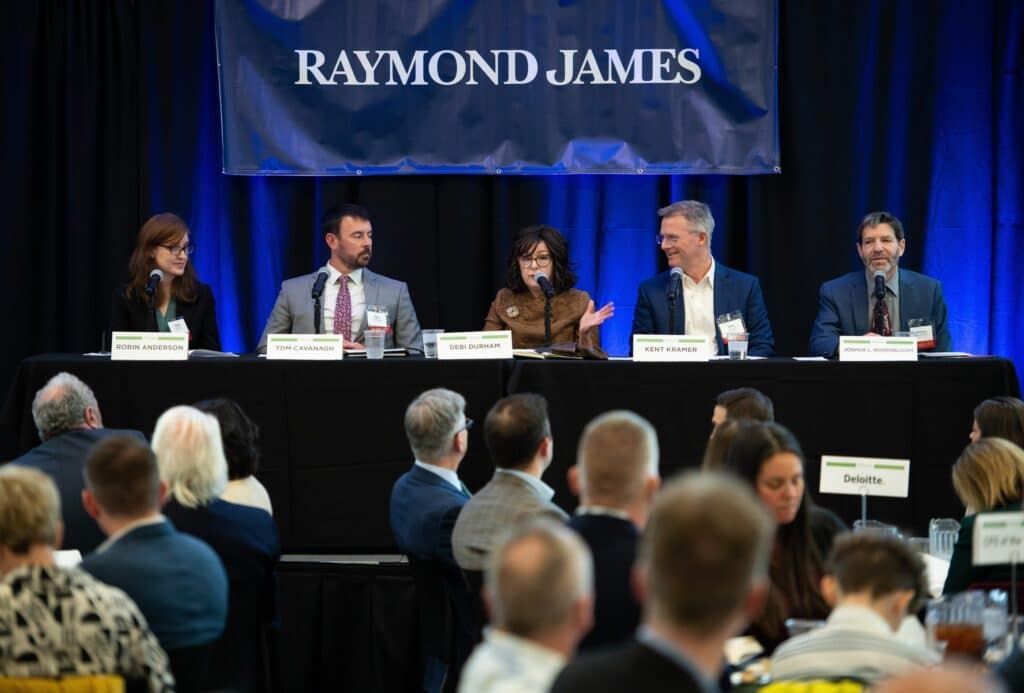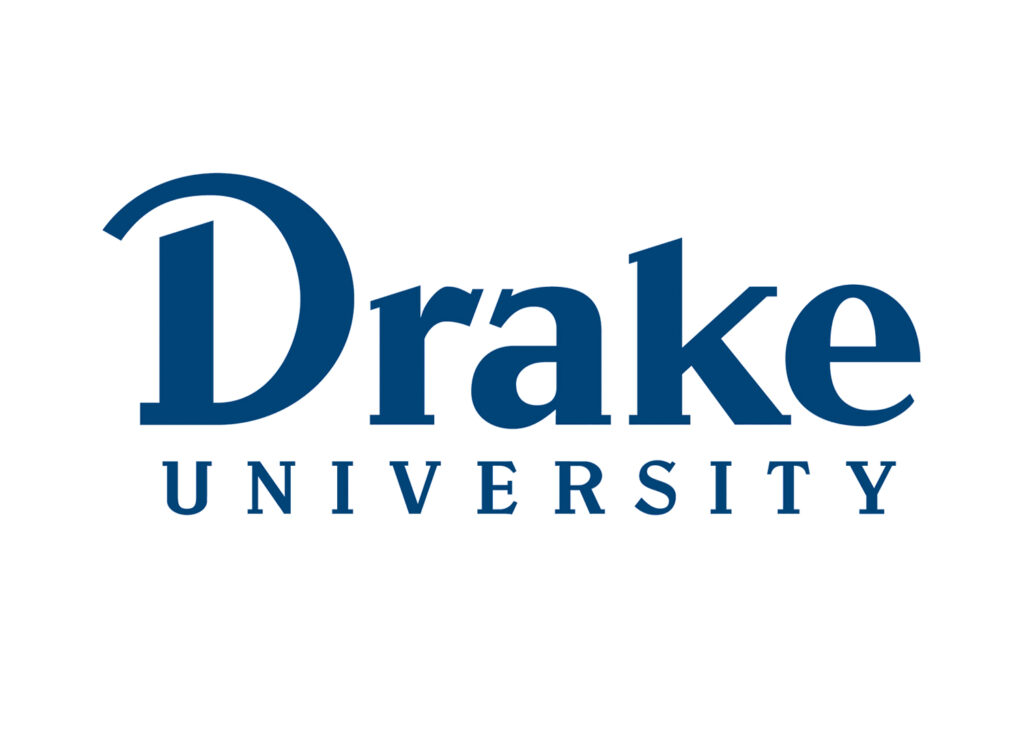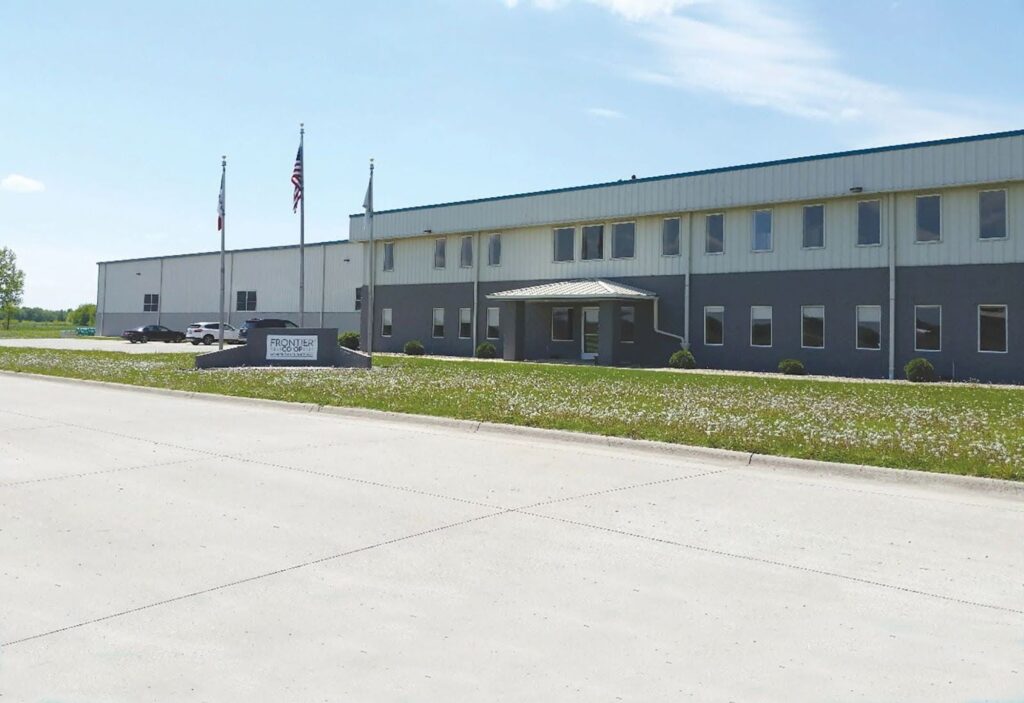2024 Economic Forecast takeaways
11 points from a panel of Iowa public, private sector experts

Business Record Staff Jan 29, 2024 | 10:15 am
9 min read time
2,220 wordsAll Latest News, Banking and Finance, Economic Development, Government Policy and Law
Cautious optimism appeared to be the sentiment from the five economic experts who participated on the Business Record’s annual Economic Forecast event panel on Jan. 24.
Public and private sector leaders weighed in on what they expect from the economy in 2024 to help Des Moines-area businesses know what to consider as they develop strategies for the year.
Speakers included:
- Robin Anderson – state chief economist, Iowa Department of Revenue
- Tom Cavanagh – vice president, BCC Advisers
- Debi Durham – executive director, Iowa Economic Development Authority and Iowa Finance Authority
- Kent Kramer – chief investment officer, Foster Group
- Joshua L. Rosenbloom – professor and department chair, department of economics, Iowa State University
Here is what our reporters took away from the conversation.
How business leaders see the economy
Durham said Iowa business leaders are slightly optimistic about the economy, but they’re still worried about a number of factors outside of their control. Among those concerns? Geopolitical risks, the drought, the war in Ukraine and the effects on the fertilizer market, and supply chains around utilities, among other things.
“The world really is on fire, and so having to navigate that, because our business is playing a global marketplace,” Durham said. “But even with all of that, I think still there is this feeling of optimism around businesses.”
— Emily Barske Wood
Immigration and the labor pool
Lack of immigration reform still sits among the challenges with the tight labor pool, Rosenbloom said.
“A lot of labor that farmers need and that the meat packing industry uses isn’t coming from an immigrant population,” he said. “And right now we just have this sort of stalemate about how we’re going to deal with it. Congress has been incapable of coming up with a meaningful solution that addresses the problem rather than playing politics.”
— Emily Barske Wood
Effects of higher interest rates and what’s to come
In the last year, panelists said the economy has seen some effects of the higher interest rate environment, including a higher cost of business, especially for small companies or farmers, for whom interest rates went up 43% in 2023, according to Anderson.
Anderson also noted there are some effects that have yet to make their impact.
“I’m looking at credit card delinquencies. Those ticked up somewhat, so I’d say the household balance sheet in general is in pretty shape, but we are starting to see some cracks from things like debt-to-income ratios, credit card delinquencies,” Anderson said. “I think you still have a lot of businesses that borrowed at low interest rates. They haven’t had to feel the impact of higher interest rates. Further still, we all have a lot of mortgages out there that we got at 2% or 4%, so I don’t think the higher interest rates have fully hit the housing market yet.”
— Sarah Diehn
Technology’s economic impact
Durham touched on a few different technology topics throughout the discussion, including the need for innovation in housing construction technology in order to keep building costs down.
“Our workforce homes [are] a very difficult thing to deliver in the marketplace today because of inflationary costs and all the things that we’ve talked about. … The construction industry has been one of the industries that’s really lagged for Industry 4.0 technology, and even though 3D printing is not where it is today, in five years I think it will be a true gamechanger in the marketplace as far as bending that cost down,” Durham said.
On artificial intelligence, she said the current advancement and adoption will spur “major development of data centers.”
“The question is, is that a good thing for us or is it not? And I think those are questions that we as policymakers have to be able to discuss going forward. So that’s an area you’re going to see a real need because you have to store all that [somewhere] and it’s going to put tremendous pressure for data center development,” she said. “Those of you in the business, that’s great. I think from just society and state economy, is that a good thing or is that not a good thing?”
— Sarah Diehn
Softening of farm economy will slow overall growth
Anderson said she believes the economy will increase slightly, but there will be a “deceleration” of growth because of a softening of the agriculture economy.
“Farming has been a pretty big contributor to growth over the past couple of years with strong commodity prices, strong farm income and strong land values,” she said. “Now we’re seeing farming soften up a little bit as prices go down and expenses go up. So I do believe farming will likely be a bit of a drag on growth this year. Another thing that’s going on is a lot of us are calling for a soft landing.”
If that trickles down to Iowa, it will affect discretionary spending, finance, durable goods and manufacturing.
On home buying, Anderson said, “A lot of people still have pretty low mortgages. I don’t think high interest rates have been fully felt by the Iowa economy or the U.S. economy yet.”
— Michael Crumb
Fed’s cautious approach to rate reductions
Rosenbloom said he believes the Federal Reserve will be cautious moving forward as it considers further interest rate reductions.
“It’s a little bit like driving a car with the windshield painted black, and the only thing you can see is the rearview mirror. So the data they have is what’s already happened. They’re obviously engaging in forecasting as well. They have to be worried that they’re going to accelerate too fast now the lowering of interest rates, and I think they will be cautious as a result.”
— Michael Crumb
Something to feel bullish or optimistic about looking into 2024
Rosenbloom said the state of the economy is really good – much better shape than anyone thought it would be at the beginning of 2023, which sets up a “potentially really good year.” He said that, especially in the long term, he is optimistic because of new technologies on the horizon.
“I think that AI and green technologies are going to create a lot of opportunities for people who are prepared to figure out how to use them effectively,” Rosenbloom said.
Kramer said that presidential election years always have a lot of volatility in equity markets. He encouraged investors to focus on the positives rather than the negatives that are often the focus of media coverage. He emphasized that there are lots of things going well, and that it’s possible to be a very educated optimist.
“When I think about this year, I go, wait, look, have a plan. Embrace the uncertainty. Know that there’s going to be shock. Surprises are going to happen. But at the same time, build in resilience, because there are going to be opportunities along the way. And if you have long-term assets that you’re committed to, that you can hold and do well with, great. If you have a resilient short-term set of resources that both allow you to endure some difficult times but also position to take opportunity when it shows up, I think 2024 is going to be a great year,” Kramer said.
Durham reiterated that the overall condition of the state of Iowa is strong.
“Due to our strategic investments, competitive initiatives, talent recruitment, and then you overlay that with the innovation and technology that is occurring across our verticals, they’re going to continue to propel wealth. So I think it’s going to be a great year,” Durham said.
Cavanagh said Iowa businesses have taken a lot of punches over the past couple of years but have largely survived and come out stronger.
“This year is a year about improving – just looking internal. And I think those companies that come out of this at the end of the year, they’re going to have stronger supply chains. Management teams have really been baptized by fire. They’re stronger coming out of this. Next year, they’re going to go on the offensive and start throwing haymakers,” Cavanagh said.
Anderson also emphasized that the economy is in “really good shape.” She said there is some resilience built in, in case there are shocks in 2024.
“I think the consumer’s finally catching on. If you look at the most recent consumer confidence numbers, they were really strong. So I think if the consumer holds up and the labor market holds up this year, we’re going to have a good, decent year for the economy,” Anderson said.
— Nicole Grundmeier
Kramer’s advice to stock market investors is ‘you must be present to win’
Kramer said he did a study earlier this year looking at the leading forecast of all the people making stock market prognostications, and “the average miss per year was like 14.5%, above or below, for the median estimate.”
Kramer’s advice to investors is to be present to win.
“With a stock market investment, you need a long-term kind of portfolio plan, so that when you get return like we got in November and December of last year, if you’re not present and you’re not present right when it happens, you just miss,” he said. “That’s always been true with the stock market – it gives return in very short and very rapid growth in terms of the big movements. Long-term trends are great, but for most investors, they just need to be participating with that part of their portfolio that is designed to be a long-term part and just be present to win.”
— Kyle Heim
Attracting people to Iowa a goal to improve the state’s labor force participation rate
While still above the U.S. labor participation rate of 62.50%, Iowa’s rate declined from 68.1% in November to 67.7% in December.
Anderson said from people she has talked to, the dip is related to retirees.
Durham said in order to improve those numbers, the state needs to attract people.
“It gets back to Iowa looks different today, and I said that by the year 2030, we’ll have our first county in Iowa [where] the minority will be the majority population,” she said. “I am in communities of all sizes two to three days a week, and I will guarantee you I do not see diversity around decision-making tables in those communities, so that’s got to change. And then the second thing, we have to promote Iowa. We’ve been doing major campaigns [that] we’ve done based on research, we know that people are moving, we know it’s the younger demographics, we know what they will move for, we think we have a value proposition to connect, and so we have to market. We’ve been spending a lot of money on marketing and research.”
— Kyle Heim
Keeping an eye on inflationary costs to services, industrial inventories
Although Anderson said inflation on consumer goods has remained low to start 2024, the state’s chief economist will monitor inflationary pressures on services like housing and shelter over the next year.
“That has been pretty elevated,” she said. “The hope was, as rents went down, as we look at statistics like Zillow or other types of statistics, that would show up in the CPI [consumer price index] and that hasn’t shown up yet.”
According to Durham, housing builds are still being affected by inflation. She said that permit levels in Iowa are at 2006 levels as housing costs remain high. The medium home price in Iowa is up 7.9% from the prior year in December 2023, according to Rocket Homes. Durham said she’s also watching the effect of the drawdown of COVID-19 pandemic-era dollars that’s been “propping up” rent and mortgage assistance programs.
“We still have COVID cash in our economy. I know that’s hard for everybody to believe, it seems so far in the rearview mirror, but that’s basically going away this year,” Durham said.
Industrial supplier inventories could also have a delayed effect on inflation as the economy moves through 2024, Durham said.
“They were sitting on big inventories, which actually helped, by liquidating those inventories, really bring that inflationary number down from 9[%] to 3[%], but then they’re going to have to start ramping back up on that,” Durham said. “And we are seeing some supply chain constraints in some areas. And that’s going to have the opposite effect.”
— Mike Mendenhall
Opportunities in emerging markets, energy and automation
Automating Iowa’s manufacturing industry and plant floors is leading to a 20%-40% increase in productivity and increasing economic growth, Durham said.
She said the emerging hydrogen fuel production market is “a big play for Iowa,” and the state is seeing demand from industries that want to invest in it along with carbon sequestration, bio-fuels and bio-based materials like plastics and fibers.
“And why is that important? Because right now, for the first time because of all these carbon-zero goals these companies have adopted and are just around the corner, in order to do that, they have to dig deep into that supply chain,” Durham said.
“So now you have all this equity money the venture capitalists are flowing into the space. So all of the sudden something that was not economically feasible is feasible today. And we really see those as really big opportunities,” she said.
— Mike Mendenhall








